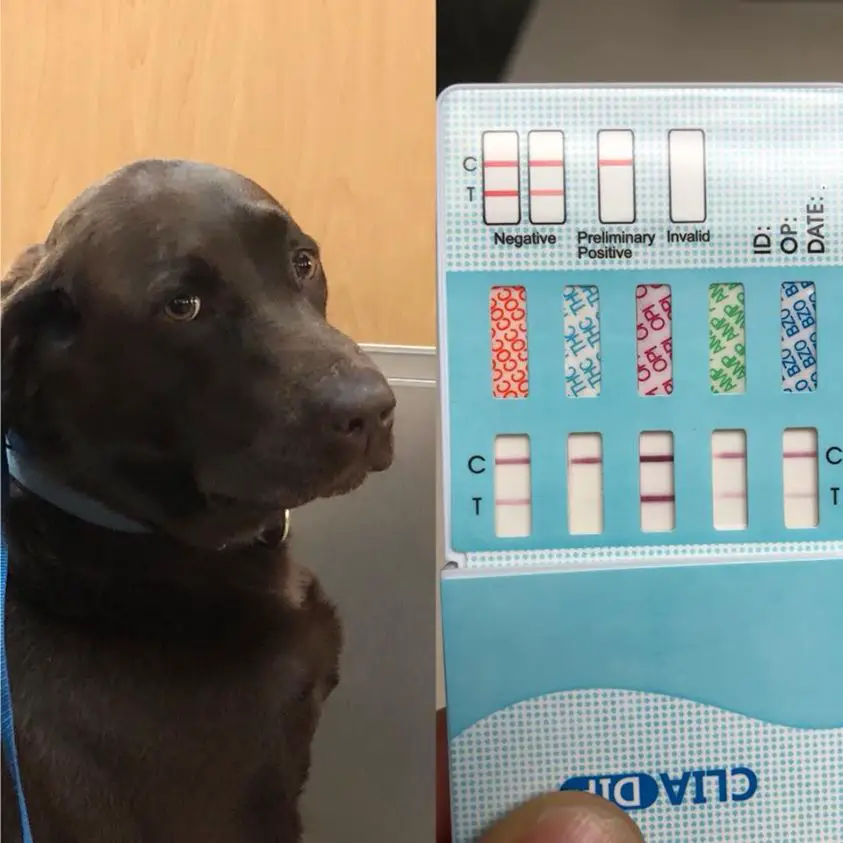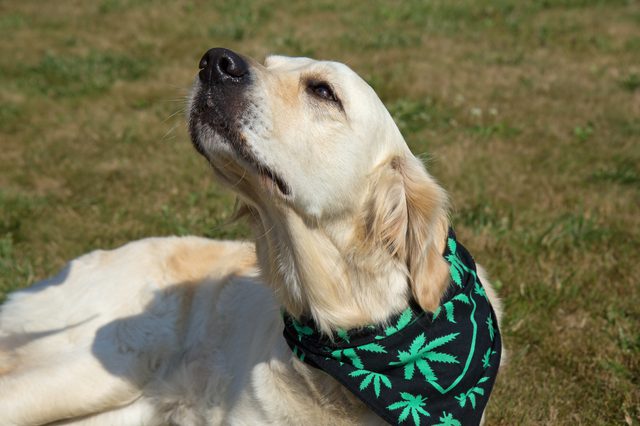In the past several years, the push for the legalization of recreational marijuana has made leaps and bounds. THC as treatment is slowly becoming destigmatized in the medical community, and the recreational use of cannabis is legal in nine states.
Today, 11 new medical conditions were added to Michigan’s list of conditions that qualify for treatment by medical marijuana, including arthritis, autism, inflammatory bowel disease, obsessive compulsive disorder, Parkinson’s disease, Tourette’s syndrome and ulcerative colitis, which doubled the former list.
The beneficial advancements of marijuana use for humans, however, may pose a threat to the pets of both owners that choose to use it and those who do not. Veterinarians are reporting that cases of marijuana-related poisoning in pets — particularly in dogs — have significantly increased as of recently.
Although exposure to marijuana is not lethal for pets, marijuana products — especially edibles — could potentially be harmful or deadly to cats and dogs when ingested.
It’s no shocker that cats and dogs can get high. Unfortunately, many marijuana users believe the experience of getting their pets in such a state is a benevolent act that will strengthen their bond, but the way in which pets experience a high can be extremely unpleasant and harmful.
The effects of marijuana exposure to cats and dogs include lethargy, breathing problems, decreased blood pressure, heartbeat irregularity and urinary incontinence.
However, simple exposure to marijuana is not the concern of veterinarians reporting instances of poisoning. The deadlier possibility is the ingestion of edible marijuana products, remains of marijuana cigarettes or marijuana itself.
Dogs are particularly at risk for indiscriminately eating one of such products inside or outside of the home, and marijuana overdoses in pets may cause seizures, severe depression and comas.
On July 5, Dr. Jen Gunter noticed that her pet lab, Hazel, was experiencing loss of balance, tremors and incontinence. She wisely rushed her dog to the vet, and tests confirmed that Hazel had been poisoned by THC, likely through something she ate on their walk earlier that day. The emergency vet also said 10 similar cases of poisoning are seen each week.

Treatment for severe cases of THC overdose in pets includes IV fluids and respiratory support. In a post on Facebook, Gunter pleaded that marijuana users properly dispose of their products.
“If you use marijuana please don’t discard any leftovers because you assume it is biodegradable or for whatever other reason, no matter how small,” Gunter said. “What is a tiny dose for a human can be very toxic for a pet.”
Lethal cases of marijuana poisoning in dogs were the result of situations in which unattended pets choked on their vomit while unconscious or suffered from hypothermia. Attentiveness is key when avoiding an emergency poisoning situation with your pet.
As responsible marijuana users, medical or recreational, legal or non-legal, it is imperative that the remains of products with large amounts of THC are disposed of in a proper manner. If you own pets and use marijuana, be conscious that you are not leaving anything tempting in reach for a pet to consume.
Even if you do not use marijuana but own pets, be aware of what your pets eat in frequented public areas, such as parks or sidewalks.
The last thing any marijuana user wants to do is harm an innocent cat or dog, especially considering the close relation of cat memes and cute dog videos to the marijuana community. You should always be considerate for the well-being of not only the planet but also the pets that live on it, and in doing so, you can contribute to an increasingly weed-friendly society.

















